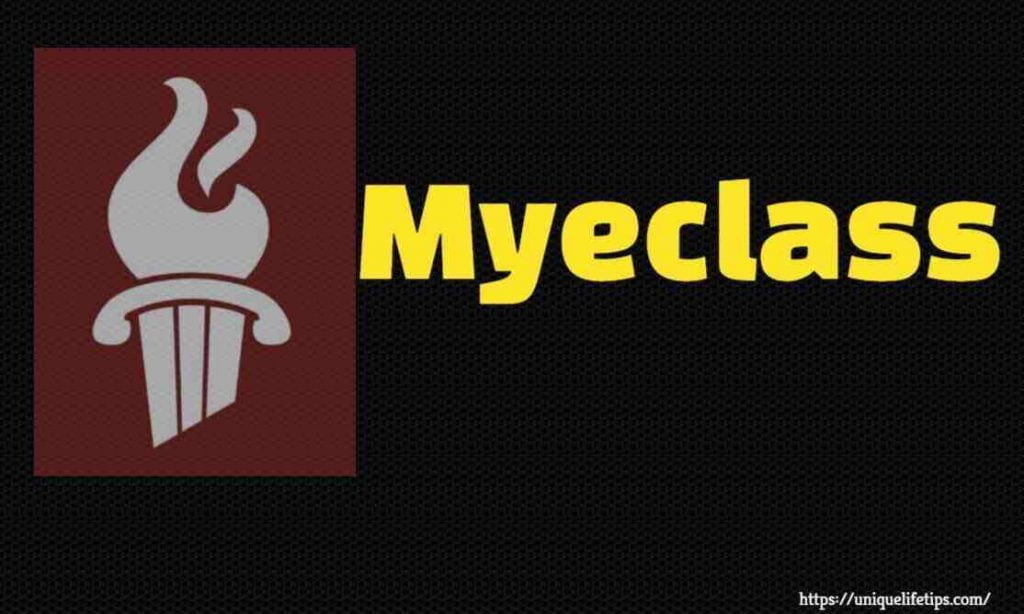Last updated on March 27th, 2024 at 04:36 pm
Languages can be quite confusing mainly because a certain word can be spoken in more than one way. However, languages are the most important part of any country, in understanding its culture and making new friends easily. You should know the basics of the most spoken languages and their fundamental rules.
In Spanish, the word “for” is said in two different ways depending upon the context. You can either say “por” or “para”. It’s very difficult to answer in just one sentence when to use which word.
In this article, we’ll be looking at different samples of sentences to make you understand the difference between the two words ‘por’ and ‘para’. Stay tuned so you can become an expert at this and clear the confusions of other people as well.
Table of Contents
The Word “for” in Spanish
Translating the word “for” in Spanish can be very challenging for non-native Spanish speakers. Both the words “por” and “para” translate to “for” in English. However if you learn the rules and get a hold of it then you will be able to differentiate between the two words and use them in your conversation accordingly.
Both the words por and para are not just exact translations of for but also many other words like by, along, through, because of, due to, in order to etc. The use of these words also depends on the situation you’re using it for.
Rules of Por and Para: When to Use Por and When to Use Para?
There are several different rules explaining when you should use which of the two words.The rules along with examples are given below.
Por
The key to this is that if you can replace the word ‘for’ with the following words which are Because of, Due to, By, Through, Along, then the translation will be using por.
Por is generally used for:
- Methods of Communication
I talked to him by phone. It translates to Hablé con él por teléfono.
I wrote to him on whatsapp. It translates to Le escribí por whatsapp.
- Exchange of items
I’ll give you 20 dollars for those shoes. It translates to Te daré 20 dólares por esos zapatos.
I’ll trade you my ice cream for your fries. It translates to Te cambio mi helado por tus papas fritas.
- Traveling
I traveled through costa rica. It translates to Viajé por costa rica.
I’m going to travel through europe. It translates to Voy a viajar por europa.
I passed by the supermarket this afternoon. It translates to Pasé por el supermercado esta tarde.
- Time Duration
I’ll be here just for today. It translates to Estaré aquí sólo por hoy.
She’s here for a week. It translates to Ella está aquí por una semana.
- Motivation from the past
Because of her love for people, she’d like to be a social worker. It translates to Por su amor por las personas, le gustaría ser trabajadora social.
Because of his fear of heights, he’d rather not come with us. It translates to Por su miedo a las alturas, preferiría no venir con nosotros.
Note that when saying ‘sorry’ and ‘thankyou’, you always use por. For eg
Thankyou for the gift. It translates to Gracias por el regalo.
Sorry for coming home late. It translates to Perdón por llegar tarde a casa.
Para
Always keep in mind, when for can be replaced by ‘in order to’ then para will be used. Para can be used when talking about the following.
- The purpose
This plant is for my bedroom. It translates to Esta planta es para mi dormitorio.
The black dress is for the party. It translates to El vestido negro es para la fiesta.
- Goals
I study a lot to learn spanish. It translates to Estudio mucho para aprender español.
I work to make a lot of money. It translates to Trabajo para ganar mucho dinero.
- Recipients
These flowers are for you. It translates to Estas flores son para ti.
This letter is for Jack. It translates to Esta carta es para Jack.
- Destination
I’m going to Dubai next month. It translates to Voy para Dubai el próximo mes.
I’m going to the movies. It translates to Voy para el cine.
- Deadlines
I need the money for monday. It translates to Necesito el dinero para el lunes.
The project will be made for presentation on friday. It translates to El proyecto se realizará para su presentación el viernes.
Related Articles:
Best Ways To Say I’m Sorry For Your Loss In Spanish�?
Ways to Help Your Child With Their High School Grades
Conclusion
In conclusion, I hope your doubts about por and para are all cleared now. As a beginner, you will just have to remember the rules and as you become fluent in the language you don’t even have to think about the rules before speaking. So learn the rules by heart and become an expert in the Spanish preposition ‘for’.







